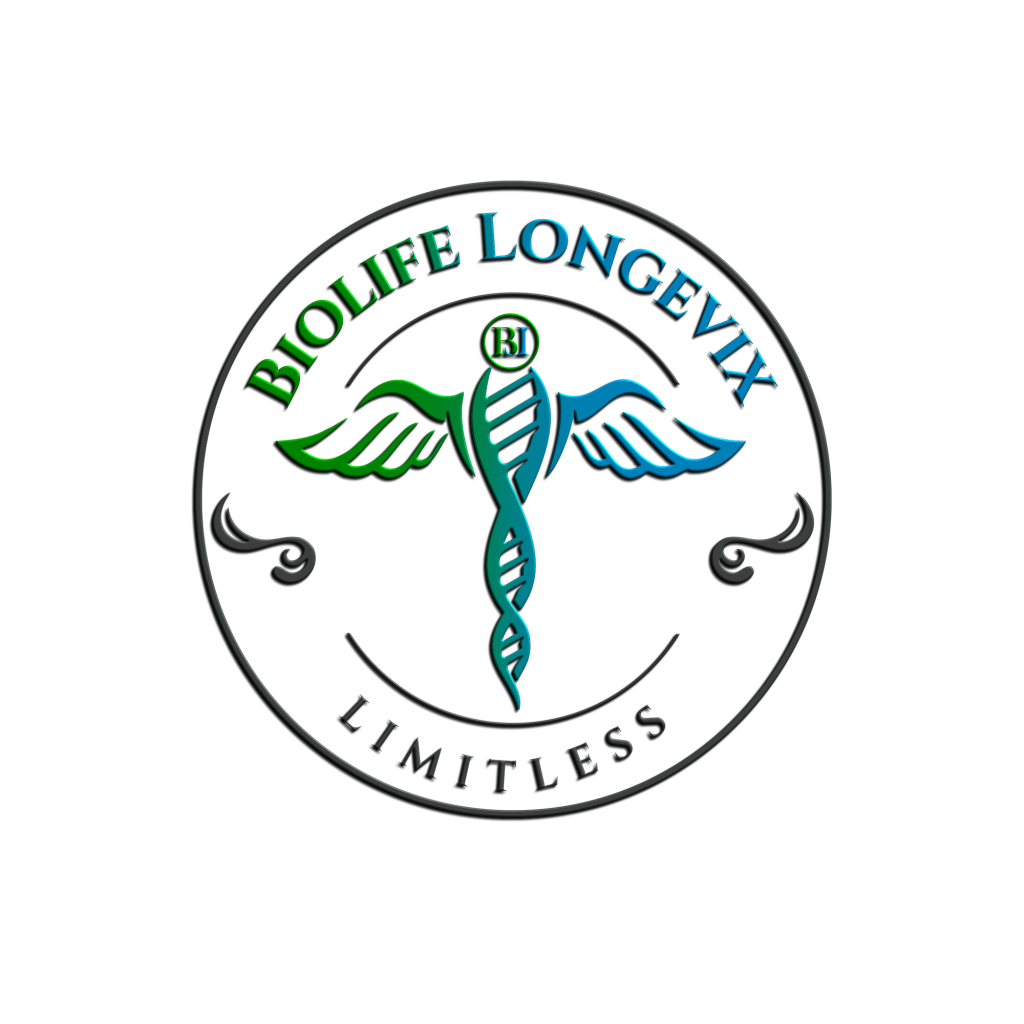

The field of regenerative medicine has witnessed a significant shift in recent years, moving beyond traditional stem cell therapy to more advanced and refined treatments like exosome therapy. While both Mesenchymal Stem Cell (MSC) Therapy and Mesenchymal Stem Cell-Derived Exosome Therapy originate from mesenchymal stem cells, they differ significantly in their mechanisms, therapeutic effects, and practical applications.

Mesenchymal stem cells (MSCs) are a type of adult stem cell capable of self-renewal and differentiation into various cell types, including bone, cartilage, fat, and muscle. They play a crucial role in tissue repair, immune regulation, and regenerative medicine.
MSCs are typically sourced from:
Bone marrow
Adipose (fat) tissue
Umbilical cord (Wharton’s jelly)
Placental tissue
MSC therapy involves the direct transplantation of live mesenchymal stem cells into a patient’s body, either through intravenous infusion or localized injection into damaged tissues. These cells:
Despite its promise, MSC therapy faces several challenges, such as immune rejection, variability in cell quality, and concerns regarding tumorigenesis in some cases. Additionally, the viability and function of transplanted MSCs can be unpredictable, as many injected stem cells fail to survive or integrate into the targeted tissue.
What Are Mesenchymal Stem Cell-Derived Exosomes?
Mesenchymal Exosomes along with Stem Cells are your natural healing mechanism. Exosomes are extracellular vesicles (EVs) ranging from 30–150 nanometers in size, secreted by stem cells, including mesenchymal stem cells. These tiny, nano-sized particles contain a potent mix of bioactive molecules such as:
Exosomes serve as mediators of cell-to-cell communication, playing a crucial role in tissue repair, immune regulation, and anti-inflammatory responses. Unlike MSC therapy, which relies on live cells, exosome therapy harnesses these nano-vesicles as the primary therapeutic agents.
Mesenchymal Exosomes along with Stem Cells are your natural healing mechanism. Exosomes are extracellular vesicles (EVs) ranging from 30–150 nanometers in size, secreted by stem cells, including mesenchymal stem cells. These tiny, nano-sized particles contain a potent mix of bioactive molecules such as:
Exosomes serve as mediators of cell-to-cell communication, playing a crucial role in tissue repair, immune regulation, and anti-inflammatory responses. Unlike MSC therapy, which relies on live cells, exosome therapy harnesses these nano-vesicles as the primary therapeutic agents.

Instead of transplanting stem cells, exosome therapy involves the administration of purified exosomes that carry regenerative signals to targeted areas in the body. These exosomes:

Due to their ability to modulate the immune system, promote regeneration, and reduce inflammation, exosomes are being explored for a wide range of medical and aesthetic applications, including:

